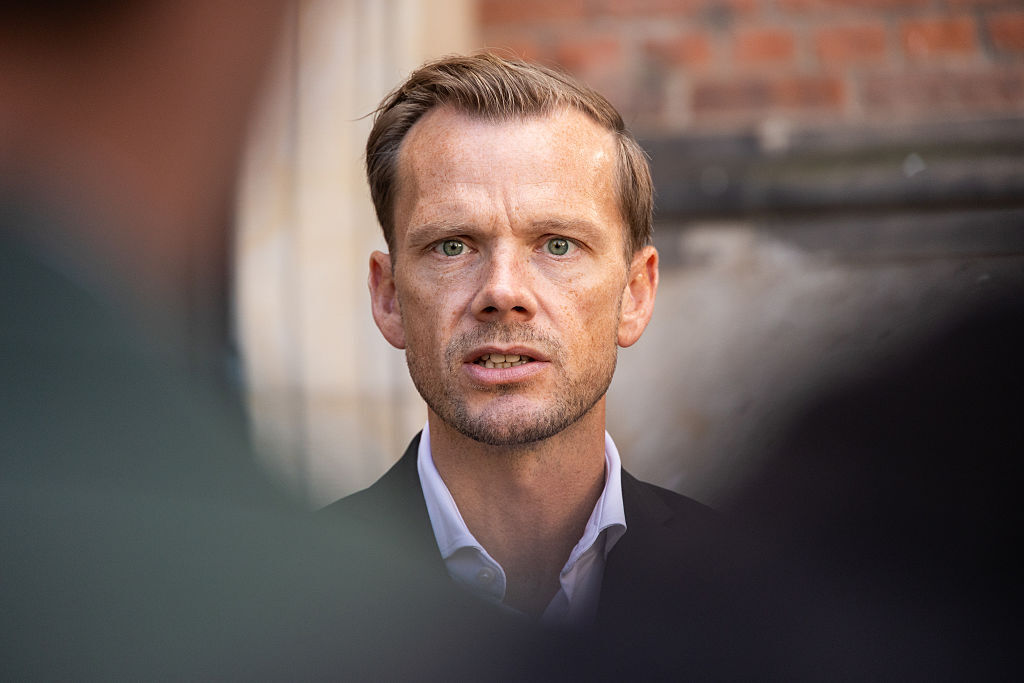- cross-posted to:
- privacy@lemmy.ml
- privacy@lemmy.ca
- cross-posted to:
- privacy@lemmy.ml
- privacy@lemmy.ca
Good. And now stay vigilant as this will come up again in a year when people have forgotten.
Exactly… the next 3 presidents (Cyprus, Ireland, Lithuania) all support the legislation, and the three afterward (Greece, Italy, Latvia) are undecided, but their indecision doesn’t seem to come from a moral standpoint. This puts us in 2029 before the leadership (Luxembourg then Netherlands) actually rejects broad privacy invasion on principle.
This assessment assumes no sentiment changes on the national levels, which is of course a wrong assumption. It’s important to keep respect for private life on the minds of politicians to
preventdelay another attempt.
Skummelgaard will be back, and in greater numbers.
“Skummel” means creepy in Danish.
Han er bange for at hans egne meldinger bliver gjort offentligt.
Translation: he’s scared that his own messages will become public.
What does it even mean that they propose a voluntary system? Who would want to voluntarily let themselves be monitored? How would that be beneficial to the supposed goal of detecting CSAM?
It’s like in school - the kid who doesn’t raise his hand is the one that has to answer the question.
Corrupt politicians need to volunteered to give up their seats.
I believe it means that it is voluntary for the service providers to implement such measures, not that users can opt-in. This means that any E2EE message service providers wouldn’t be required to implement client side scanning, but that any provider not offering E2EE could still scan server side and report.
Don’t forget this guy is controlling.



